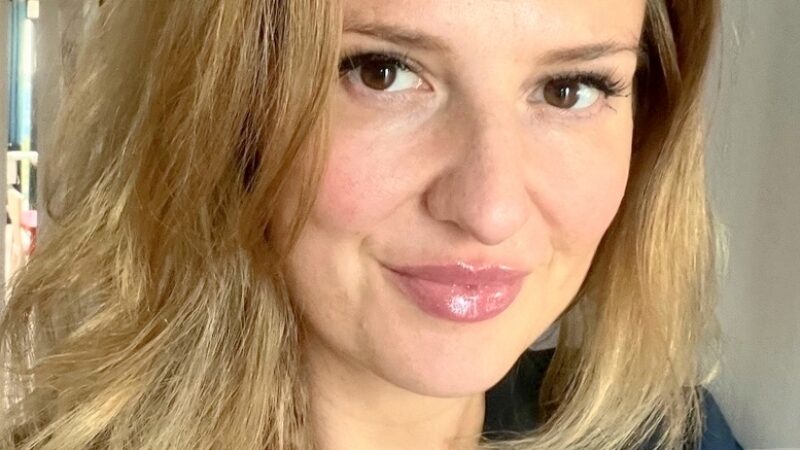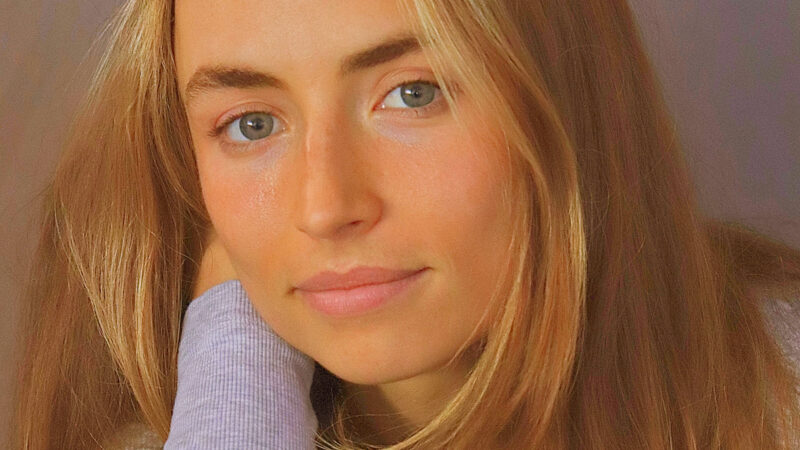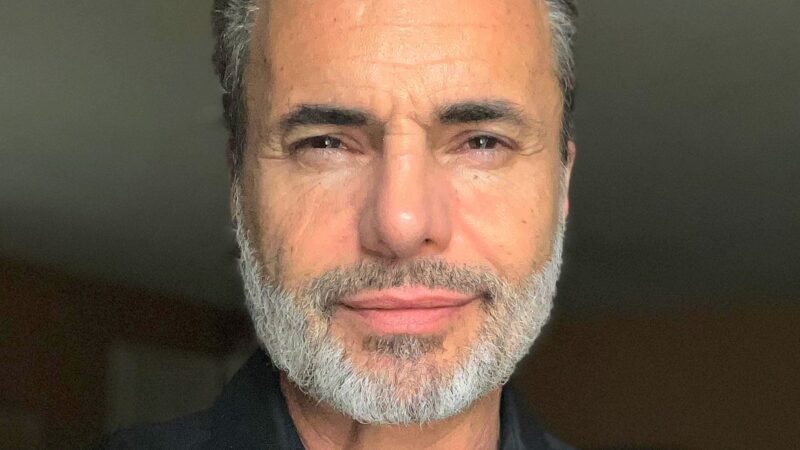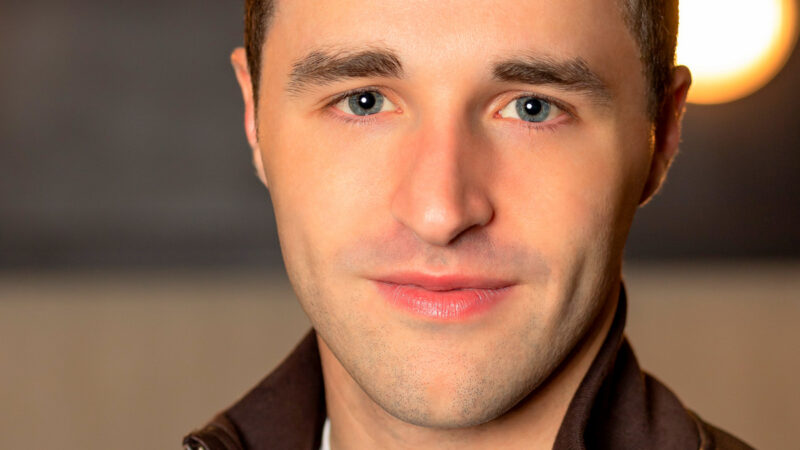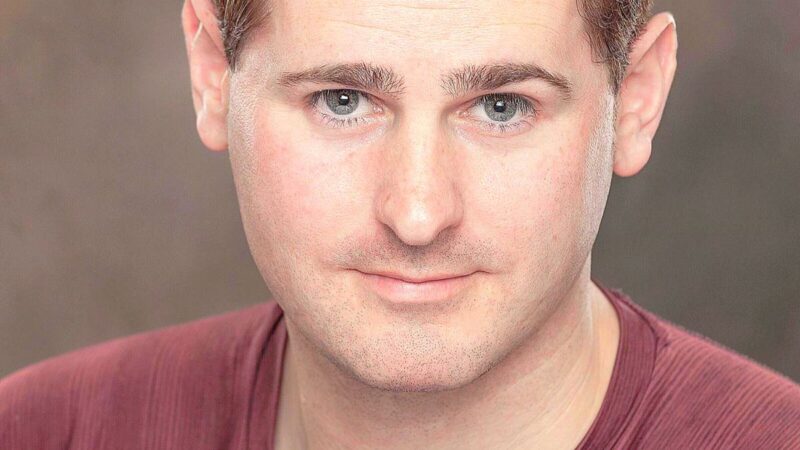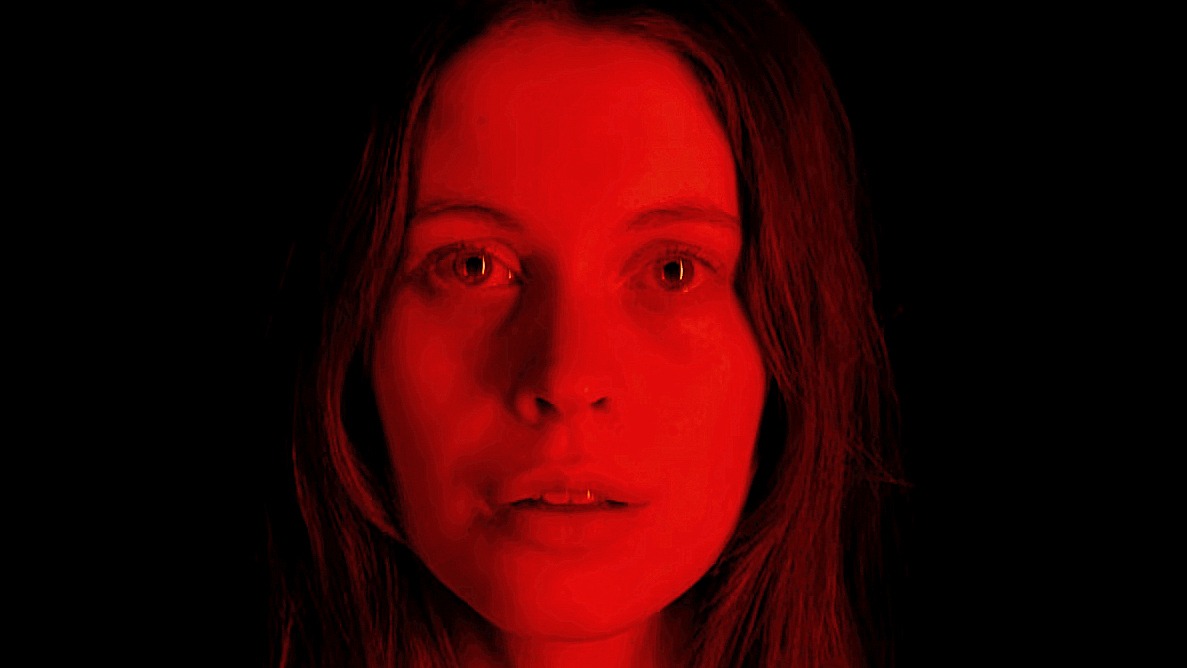
indieactivity: How did you get into directing? How would you describe your style?
Mdhamiri Á Nkemi (MÁN): I started out very much outside the film world, but being a big book nerd as a child meant I always loved stories and naturally gravitated towards the idea of storytelling as a career. Discovering that telling stories through moving pictures was a life-changing moment for me-and I made a whole bunch of shorts (of questionable quality!) doing every role both in front and behind the camera, trying to learn as much as I could about the process.
I then went to the National Film and Television School, studying an MA in editing, but always with that itch to also develop my own projects when I got the chance. I’d say my style as a director is very collaborative. Through editing I’ve had the opportunity to work really closely with a lot of really talented directors, and in my opinion the best ones are those who have the ability to both lead with strong vision but also trust in their team to support that vision. I was very lucky on this short to have an incredible crew who immediately bought into my crazy premise and ran with it, elevating it much further than I could on my own.
Do you hire a casting director? Do you cast yourself? If so, what criteria go into your casting?
Mdhamiri Á Nkemi (MÁN): I was very lucky to work with the amazing casting director Gemma Sykes, who helped us bring together our wonderful cast. Pretty early on I had my heart set on the talented Sorcha Groundsell and Olive Gray to play the leads, and Gemma was instrumental in getting them on board and helping to build out the rest of the cast.
The Official Trailer for Original Skin Directed by Mdhamiri Á Nkemi
What went into the casting process for “Original Skin”?
Mdhamiri Á Nkemi (MÁN): Once we’d confirmed our leads, we had the fun challenge of figuring out characterisation in a world of body swapping – over the course of the short our main characters play both themselves and then each other, so we had to figure out physical performances that would be identifiable across actors. To do this we had a series of workshops leading up to the shoot, Sorcha and Olive would play their respective characters and then swap, and we’d figure out which elements in their body language could be translated over.
Without giving anything away, tell us a little bit about the script, how did you come up with the idea?
Mdhamiri Á Nkemi (MÁN): I came up with the original idea a while back actually, sometime in 2018-ish. I’m not sure exactly where it came from (some weird deep recess in my brain ha!) but I had an obsession with the idea of the multiplicity of identity, and how defining who you are is an ever changing thing and not something set in stone. I guess I was in the process of figuring that out for myself – having grown up outside of film I was studying at a film school, suddenly surrounded by people all older than me who seemed to have clear ideas of who they were, and I was feeling the pressure to figure out who I was both as a filmmaker and a person.
So I knew I wanted to make a film that explored those themes, and as my tastes always seem to drift towards sci-fi and world building, I wanted to find a way to marry those two things. To develop the idea, I teamed up with wonderful producer Sabina Smitham and brilliant writer Eve Hedderwick Turner, and we came up with a script that aimed to encapsulate all these big ideas into a 12 min short. I love shorts that feel complete in their own way, but also set the stage for a feature adaptation, so that’s the tricky line we tried to walk.
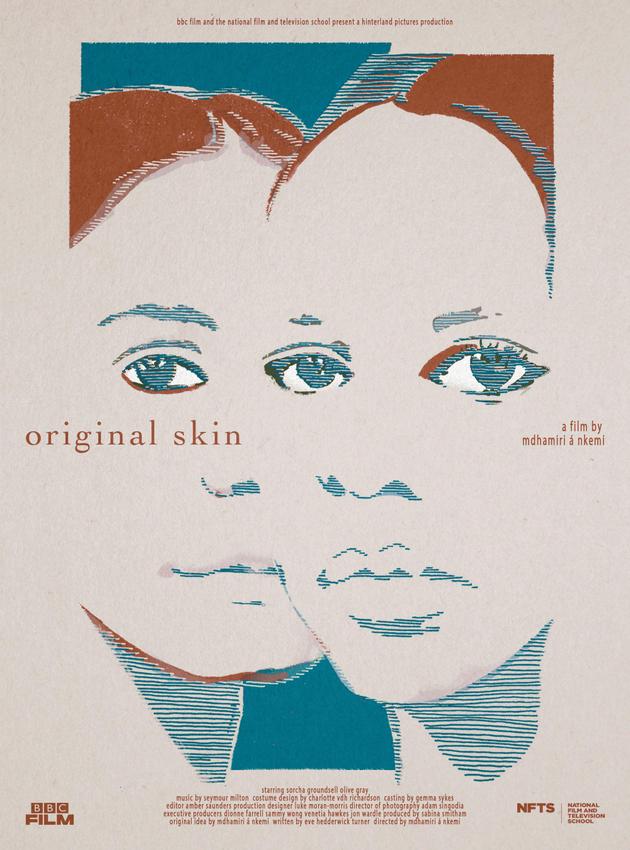
Who is “original skin” for? Who do you think would enjoy it the most?
Mdhamiri Á Nkemi (MÁN): ‘Everyone’ is such a cop out answer, but honestly I do think there’s a universality to it that I hope everyone can and will connect to. We lean heavily into genre, so I think science fiction fans will enjoy it, and some of our references were The Lobster, Black Mirror and Under the Skin – so if you like those you’ll hopefully like this!
How long did it take to shoot the entire film?
Mdhamiri Á Nkemi (MÁN): We shot over 4 days, with an additional 5th day midway through the edit to shoot the body-swapping scene. Our producer Sabina was very gracious in protecting this time – the idea was always to shoot this scene in a very experimental, fluid way, and we needed time to figure out the mechanics of it. The key thing for me was that I wanted to capture the subjective, internal experience of body swapping, not necessarily what it looks like, and for this we experimented with macro shots of a lot of different materials; sand, glass, even wax models of our actors which we melted on camera.
How long was the post-production process?
Mdhamiri Á Nkemi (MÁN): It was the usual short film situation of pulling in favors and fitting it around everyone’s full time jobs – so I think it went over a few months trying to grab time with our amazing editor Amber Saunders, sound designer Adam Woodhams, and composer Seymour Milton. They were all so great to work with and very generous with their time, giving us the freedom to play and discover the best version of the film.
A lot of talent are behind the scenes. Why is diversity important both in front of and behind the camera?
Mdhamiri Á Nkemi (MÁN): I firmly believe that even if it was possible for a director to just hit a ‘make movie’ button where their vision instantly turned into a finished film, it would suffer greatly from missing the magical process that happens when a talented cast and crew all add their own contributions into the mix. All these different voices working in harmony is, for me at least, what allows a film to transcend into something that can speak to everyone, with all the unique perspectives creating a true sense of authenticity and originality. Film as a medium has the power to allow the viewer into a perspective they might never have seen before, and so I think we have a responsibility as filmmakers to ensure those perspectives are as diverse and wide-ranging as possible.
What are your goals with Original Skin?
Mdhamiri Á Nkemi (MÁN): The aim is to use it as a launching pad into a feature version which we’re developing right now, with the same team. I definitely have the directing bug now, and am super excited to take this really rich world we’ve created and explore it on a larger canvas.
What’s next for you? What are you working on right now?
Mdhamiri Á Nkemi (MÁN): So the feature of ‘original skin’ as mentioned, as well as a separate feature I’m co-writing that also exists in the sci-fi realm and explores themes of identity and intergenerational trauma – and parallel universes!
What would you recommend to a new director at the beginning of his/her journey?
Mdhamiri Á Nkemi (MÁN): I’m still at the beginning of my journey too! I would say be very honest with yourself about what your blindspots are and try to learn as much as you can to help cover them, and surround yourself with people who know more than you do. If you’re not technical – go shadow a camera department, or an editor. If actors make you nervous – go do an acting class. I’m currently reading ‘A swim in a pond in the rain’, by George Saunders, which is a very in-depth analysis of story structure that I would recommend to anyone interested in storytelling in general.
Who is your favorite director? Why?
Mdhamiri Á Nkemi (MÁN): It changes all the time! I love directors that feel like they have bold uncompromising visions and make brave choices in filmmaking. I was very impressed recently with Jane Schoenbrun and their new film ‘I Saw The TV Glow’, which for me is a perfect example of this.
What advice would you give directors around the world?
Mdhamiri Á Nkemi (MÁN): Put your 10,000 hours in! Not everything you make will necessarily be good, and it shouldn’t be if you’re pushing yourself to be bold on every project, but making mistakes is key to improvement. Also put time into growing your team of collaborators, and cling to those you really connect with – they’ll be the people making you look good in the future.
Tell us what you think of the interview with Mdhamiri Á Nkemi. What do you think of it? What ideas did you get? Do you have any suggestions? Or did it help you? Let’s have your comments below and/or on Facebook, Instagram, or Twitter.
Socials
Website
IMDb
Instagram
Vimeo
FILMMAKER INTERVIEWS

